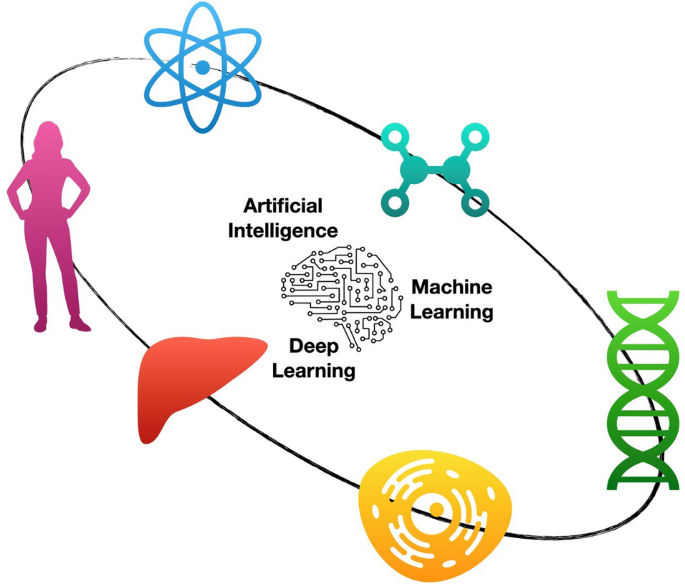Artificial Intelligence (AI) and Machine Learning (ML) are revolutionizing chemical research by accelerating discovery processes, optimizing operations, and uncovering new pathways for innovation. These technologies are transforming the chemical industry into a data-driven domain where predictive analytics, automation, and computational modeling enhance efficiency and sustainability.
One of the most impactful applications of AI in chemical research is in materials discovery. By analyzing vast datasets, AI algorithms can predict the properties and performance of new compounds, significantly reducing the time and cost associated with traditional trial-and-error methods. For example, AI is being used to design advanced catalysts for chemical reactions, enabling energy-efficient processes and the development of sustainable materials like bio-based polymers.
In drug development, ML models are accelerating the identification of novel molecules with therapeutic potential. These models analyze complex biological and chemical data to predict how a molecule will interact with a target, drastically reducing the time it takes to move from discovery to clinical trials. AI tools are also streamlining the synthesis of complex organic compounds, aiding pharmaceutical and fine chemical production.
AI and ML are also optimizing chemical manufacturing by improving process control and efficiency. Predictive maintenance algorithms analyze equipment data to prevent downtime and reduce operational costs, while real-time monitoring systems enhance the precision of production processes. For instance, ML models are helping refine reaction conditions, such as temperature and pressure, to maximize yields while minimizing waste and energy use.
In sustainability-focused initiatives, AI is aiding the design of greener chemical processes by predicting the environmental impact of new reactions and materials. It is also enabling advancements in recycling technologies, such as optimizing chemical recycling processes for plastics and creating circular systems for material recovery.
Collaboration between academia and industry is driving the integration of AI in chemical research. Open-source platforms and databases, such as the Materials Project and PubChem, are providing researchers with access to extensive datasets that fuel AI-driven insights. Additionally, partnerships with technology firms are enabling the development of custom AI solutions tailored to the unique challenges of the chemical sector.
Challenges remain, including the quality and accessibility of datasets, the need for interdisciplinary expertise, and the scalability of AI solutions in complex chemical systems. However, ongoing advancements in computational power, algorithms, and data-sharing frameworks are addressing these barriers.
As AI and ML continue to evolve, their role in chemical research will expand, driving breakthroughs in materials science, sustainable chemistry, and industrial processes. These technologies are not just tools for efficiency but catalysts for innovation, positioning the chemical industry at the forefront of technological transformation.










